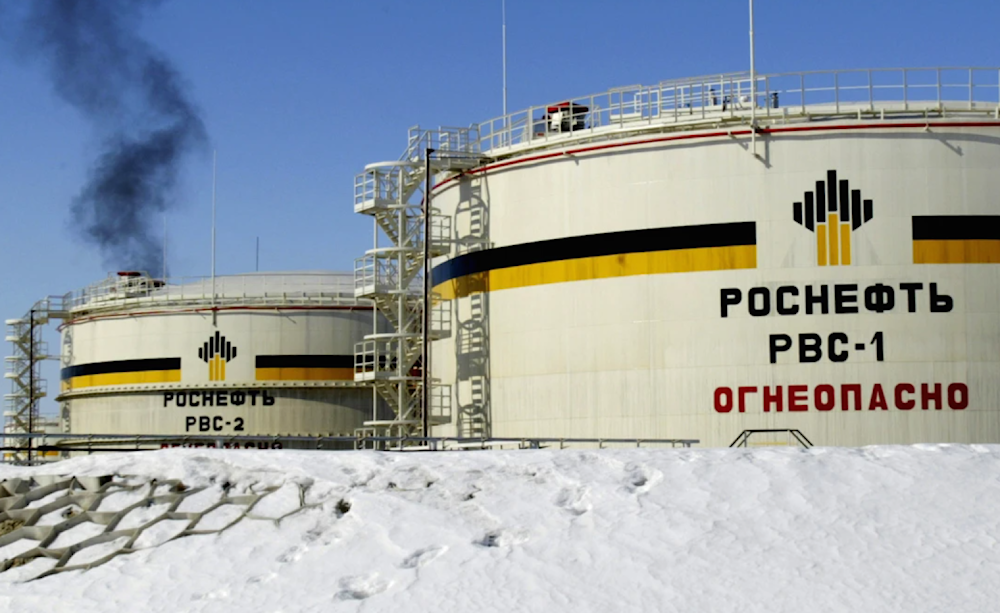Fuel shortages push Russia to mull further export restrictions
Russia may impose further fuel export restrictions to address domestic shortages after extending its gasoline ban, with a diesel ban also under discussion.
-

A view of reservoirs of Russian state-controlled oil giant OAO Rosneft at Priobskoye oil field near Nefteyugansk in western Siberia, Russia, on April 5, 2006 (AP)
Russia may impose further restrictions on fuel exports if domestic supply shortages persist, Deputy Energy Minister Pavel Sorokin said on Tuesday, according to the Interfax news agency.
"All necessary measures will be taken to ensure the market is fully supplied. If this requires additional export restrictions, these restrictions may also be imposed," Sorokin stated.
Current gasoline ban extended
The Russian government has already extended its gasoline export ban until the end of September, with officials warning that the measure could continue into October if supply chain pressures remain unresolved.
The country has been grappling with shortages of certain types of gasoline due to Ukrainian strikes on refineries and logistical disruptions. High borrowing costs have also hindered fuel stations from stockpiling supplies.
Diesel exports under discussion
In addition to gasoline, Russian news agencies reported that the government has discussed the possibility of banning diesel exports through the end of the year, though no formal decision has yet been announced.
The measures come as Moscow seeks to stabilize its domestic energy market amid external pressures linked to the war in Ukraine and economic constraints.
Iran, Russia to launch new nuclear projects despite Western pressure
Meanwhile, Tehran and Moscow are set to deepen their long-standing cooperation in the field of civilian nuclear energy. Mohammad Eslami, head of Iran's Atomic Energy Organization, announced that an agreement will be signed with Russia in the coming days to construct new nuclear power plants.
This development comes following mounting Western pressure on Iran's nuclear activities, with Tehran accusing international organizations, such as the International Atomic Energy Agency (IAEA), of lacking impartiality.
Under a previous bilateral framework, Russia was expected to build eight nuclear reactors in Iran, including four at the Bushehr site. Eslami confirmed that site selection and preliminary groundwork have already been completed, and the forthcoming agreement will usher the project into its operational phase.
Eslami, currently in Moscow to attend World Nuclear Week, emphasized that technical studies and negotiations are finalized. "With this week’s agreement, we will begin the operational phase of design, engineering, and construction," he said.

 2 Min Read
2 Min Read










